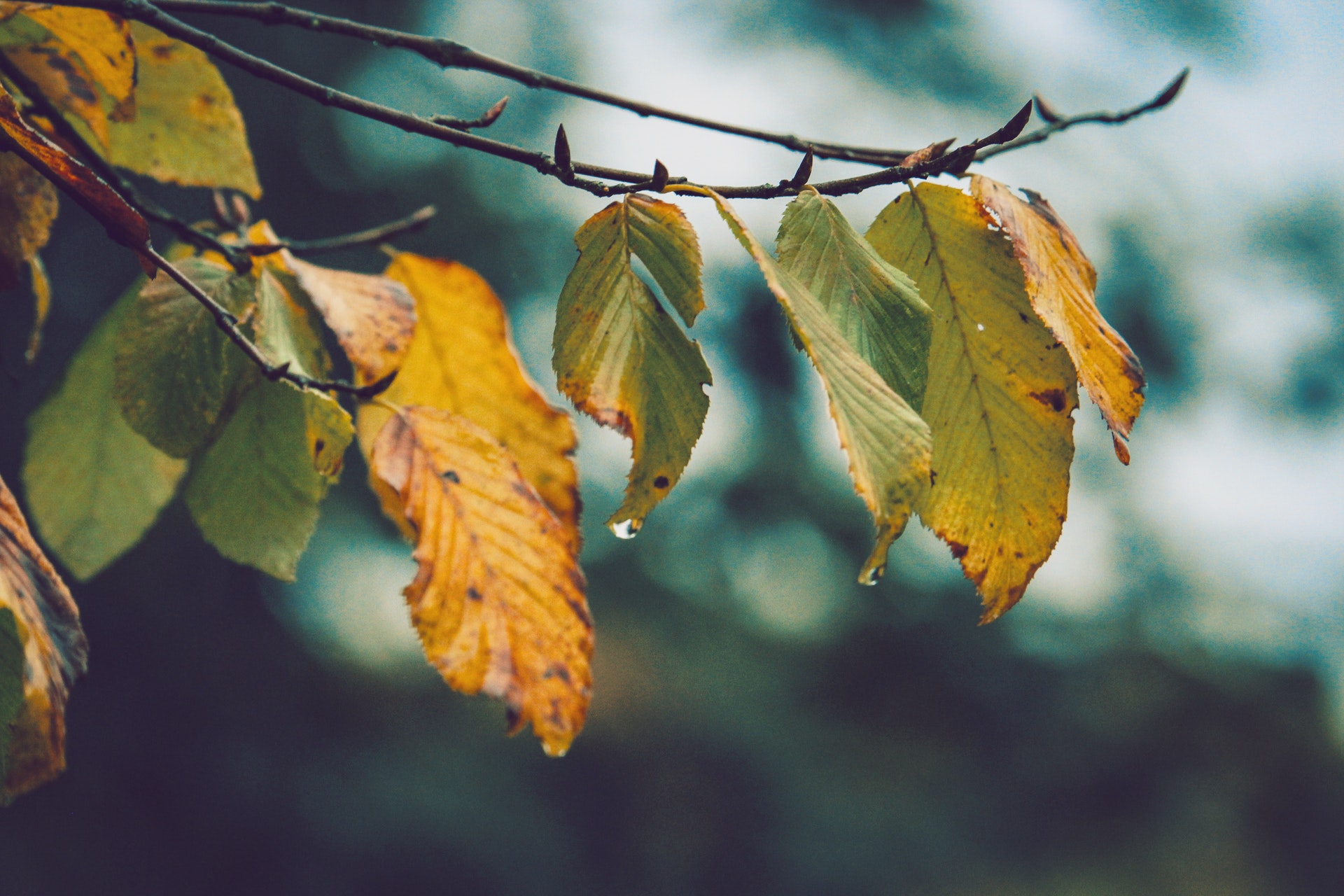Stories of Suicide Loss Survivors
I first met Carolyn when I interviewed her for my Back from the Brink depression recovery series on my YouTube channel. Carolyn’s depression had arisen from her childhood trauma, specifically from her mother’s and her uncle’s suicide. I asked her to share her journey so that other people could see how she had grown through forging a new path as a result of her experience.
I lost my mother to suicide when I was fifteen and then my uncle to suicide when I was forty. My mother’s death was not totally a surprise. My mother had experienced postpartum depression after my older sister was born and was prone to depression ever since. She was talking about giving away her belongings about a month beforehand. She died in mid-March of ‘74, having been in and out of the hospital throughout the previous fall and winter. She had received electroshock therapy in the late winter, which made her her functional enough to act on her impulses and able to carry out the suicide.
My uncle had experienced mental health struggles when he was in his 20s and early 30s, then in his 60’s found himself struggling again. He was under treatment at this time, with some challenging relationships along with health, and money issues with his partner. I was aware of all this, but when he hung himself, the death was still a shock to me.


I was out on a run when I had the intuition that my mother had died by suicide. I was relieved that she was going to be okay, and that her suffering was over. I picked a dog-toothed violet that was blooming and held it up for her. That evening when I went to bed I felt extremely alone. I was very close to my mother, and her death left a huge void in my life.
When I heard about my uncle something mysterious shifted deep in my psyche, like tectonic plates moving deeply and jagged. It actually was a positive experience for me because I then determined that I would get my life together. I realized then that mental illness was a family pattern and not something that just pertained to my mother. I did not want to follow suit.
My dad told my brother, sister, and me not to tell anyone about my mom’s suicide. She was prominent in the community, and suicide was considered taboo and shameful back then. He was trying to protect us, but it caused me to put up a wall and stop communicating with the majority of people I encountered.
After my mother’s death, I was very sad and lonely. As a fifteen-year-old, I really didn’t know how to navigate life, and I had a hard time adjusting to my dad as the main parent. I was very angry at him and blamed him for my mother’s despair. I had a difficult time with his controlling parenting style and general lack of insight into who I was.
I did not want to follow in the footsteps of my mother since I thought that what she valued in terms of social standing had not led her to happiness, but quite the opposite. I had very low self-esteem and became codependent in relationships with boyfriends. My lack of social navigation skills along with my dad’s parenting style derailed my adult schooling and my getting a career together. I still had extreme loneliness, became dependent on pot for about three years, and lived in relative poverty. As a result of the loneliness and lack of purpose, I also became suicidal in my early twenties.


Also during my twenties, I became a very passionate spiritual seeker as I sought a deeper meaning in my life. My brief experience with survivor support groups stirred up intense anger in me for no reason I can pinpoint. Practicing nonviolent communication and self-compassion, recognizing self-talk when triggered, having my spiritual practice, and being a mother myself helped with my healing. When I was going through a horrid relationship during menopause and became suicidal, the thing that stopped me from harming myself was a recognition of what committing suicide would do to my daughter.
I would have been a completely different person in very different circumstances if not for my mom’s suicide. If she were alive, she would have guided me into an upper-middle-class life. With her gone, I had to steer my own ship. I became a hippie and lived a life that has been broad with more experiences and contact with many types of people. It hasn’t been easy but it has caused me to grow. Working in a psych lockdown unit for five years recently was very healing because I stepped in and cared for my patients and became pretty skilled at it. I didn’t get a chance to take care of my mother when I was younger. I felt shoved out of the way. I was able to do for these people what I couldn’t do for my mother.

Even now in my 60s, I still miss my mom at times. I am beginning to go beyond idealizing her and am able to see her human flaws. Also, I am finally less judgmental of my dad.
I still have a feeling of separation from others and a feeling of vulnerability to others’ negative judgment. I was very sociable when I was young, and after the suicide, I felt a demarcation between myself and others that was not there before. I felt really different from others and it has taken me much time to realize that many people have suffered quite a bit in their lives. I can now often extend myself to support them.
I have done personal counseling of one sort or another for many years. I think I’ve helped myself the most by having fulfilling work and purpose as well as practicing self-care and creating security for myself. Nonviolent communication and my spiritual practice have been the framework that I have been able to weave into my life in a way that is very supportive. Now, if I am beginning to feel “off” mentally or emotionally I reach out to a couple of people; this helps me be accountable and to climb away from the edge back onto solid and healthy ground.
The content of this website is for educational purposes only and is not meant to replace diagnosis or treatment by a qualified mental health professional.